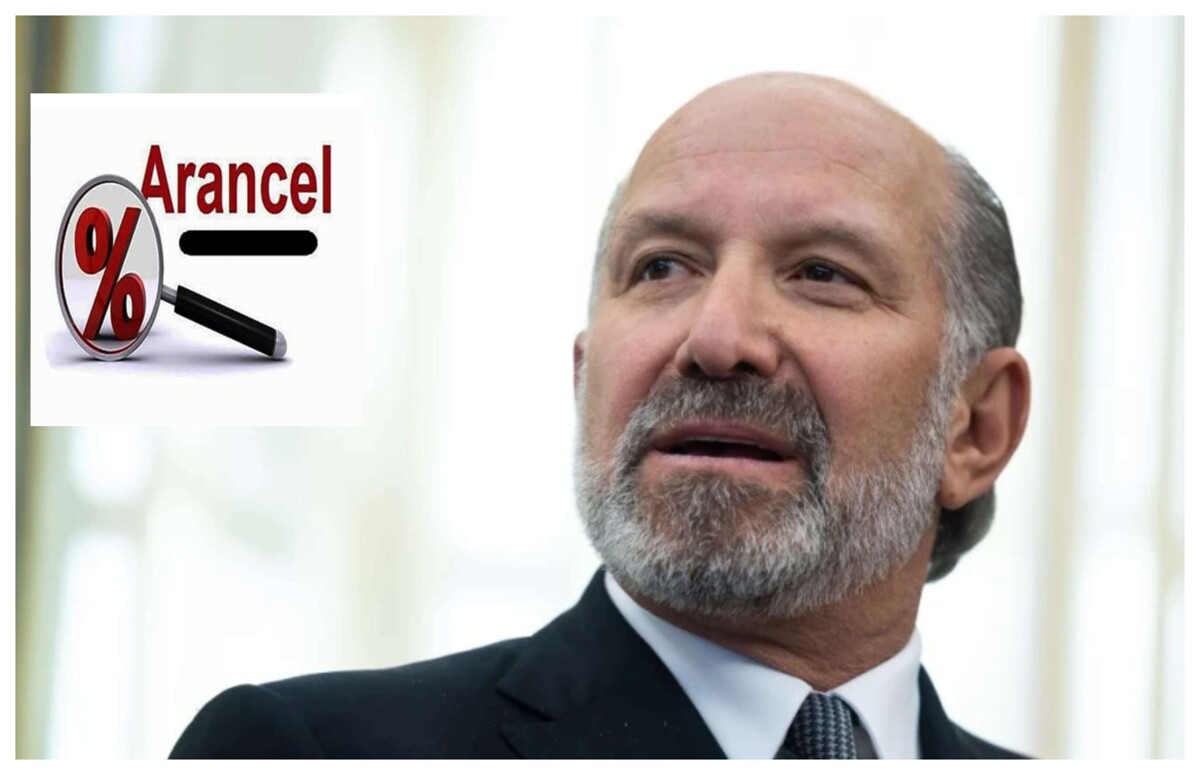
The United States Secretary of Commerce, Howard Lutnick, reiterated that as of Tuesday, March 4th, tariffs will go into effect for Mexico and Canada in response to the trafficking of fentanyl into the United States. Although he acknowledged the efforts of both countries in the fight against this drug, he mentioned that the measure will remain due to the continued flow of fentanyl affecting American citizens.
In an interview with Fox News, Lutnick stated that, despite President Donald Trump considering how to specifically act with Mexico and Canada, the situation remains dynamic and the tariffs will be implemented without exception. The Secretary of Commerce emphasized the justification for the tariffs due to the persistent fentanyl crisis at the borders of both countries.
This announcement follows the signing of a decree in February by Trump that establishes a 25% tariff on Mexico and Canada as retaliation for the ongoing flow of fentanyl, postponed until March 4th following promises from both countries to strengthen border controls.
In an attempt to avoid the implementation of tariffs, Mexico's Security Cabinet and a high-level delegation from Canada met in Washington with the Trump administration. Despite this, the threat of tariffs continues to loom over both countries.
During negotiations, Mexico extradited 29 drug lords to the United States, including Rafael Caro Quintero from the Guadalajara Cartel and brothers Miguel Ángel and Omar Treviño Morales from the Zetas Cartel. However, warnings about the economic consequences of imposing tariffs remain present, as they could negatively affect the economy of all involved countries, increasing inflation and reducing the purchasing power of American consumers.














